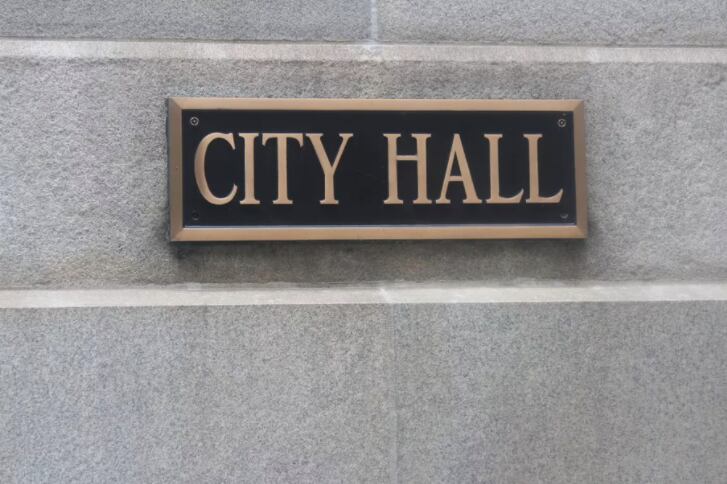A group of Chicago aldermen want to remove police officers from the city’s public schools.
They plan to introduce an ordinance this week to terminate the $33 million contract between Chicago Public Schools and the Chicago Police Department. But legislation in Chicago’s city council generally doesn’t have a long life without the mayor’s approval, and Mayor Lori Lightfoot has said she won’t remove the police.
The ordinance indicates a new front in the effort by community activists to end Chicago’s school-police program. The legislation, which will be sponsored by aldermen Rick Sawyer, Jeanette Taylor and Carlos Ramirez-Rosa, is part of a week of action led by youth and community groups with teach-ins about the history of school policing and alternatives to police.
Since Minneapolis Public Schools voted to end its contract with its city police department earlier this month, there has been a cascade of school districts either cutting ties with school police or raising the question in board meetings. Districts in Denver, Seattle, Oakland, and Richmond, Calif., are talking about changing their relationship with school police.
In Chicago, students led a protest in Albany Park last week and another over the weekend in Hyde Park calling for police officers to be removed from schools. At a special board meeting on Monday, all five speaking slots were taken by youth activists or their supporters making the same demand.
The aldermen want to remove police officers from schools and reinvest the $33 million from the contract into trauma-based support for students.
Jeanette Taylor, an alderman who went on a hunger strike as a community activist in 2015 to stop the district from closing Dyett High School in Washington Park, said: “The trauma and harm that was done by this practice can never be erased. The money we spend on CPD in CPS can be used for a nurse, counselor, and real restorative justice programs that our students will need once returning to school.”
Neither the city or school district immediately replied to a request for comment about the ordinance. The Chicago City Council will hold its next meeting virtually on Wednesday.






